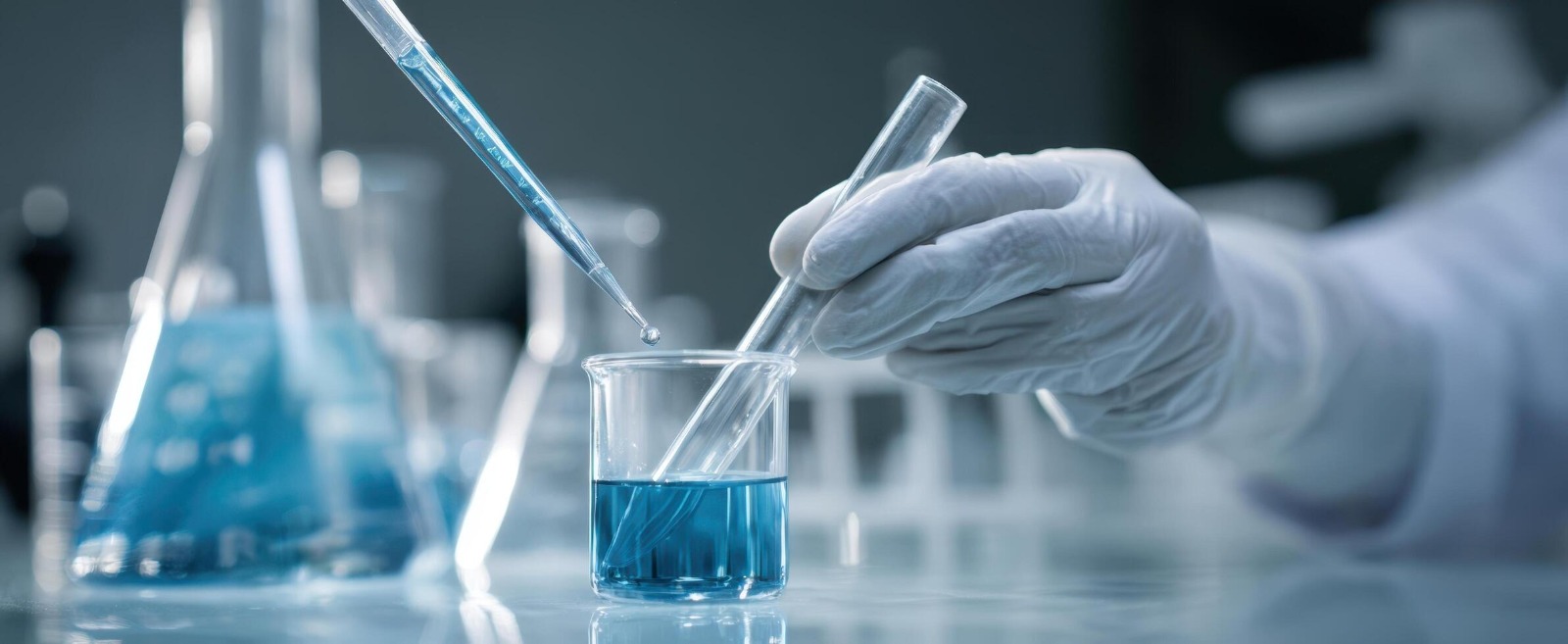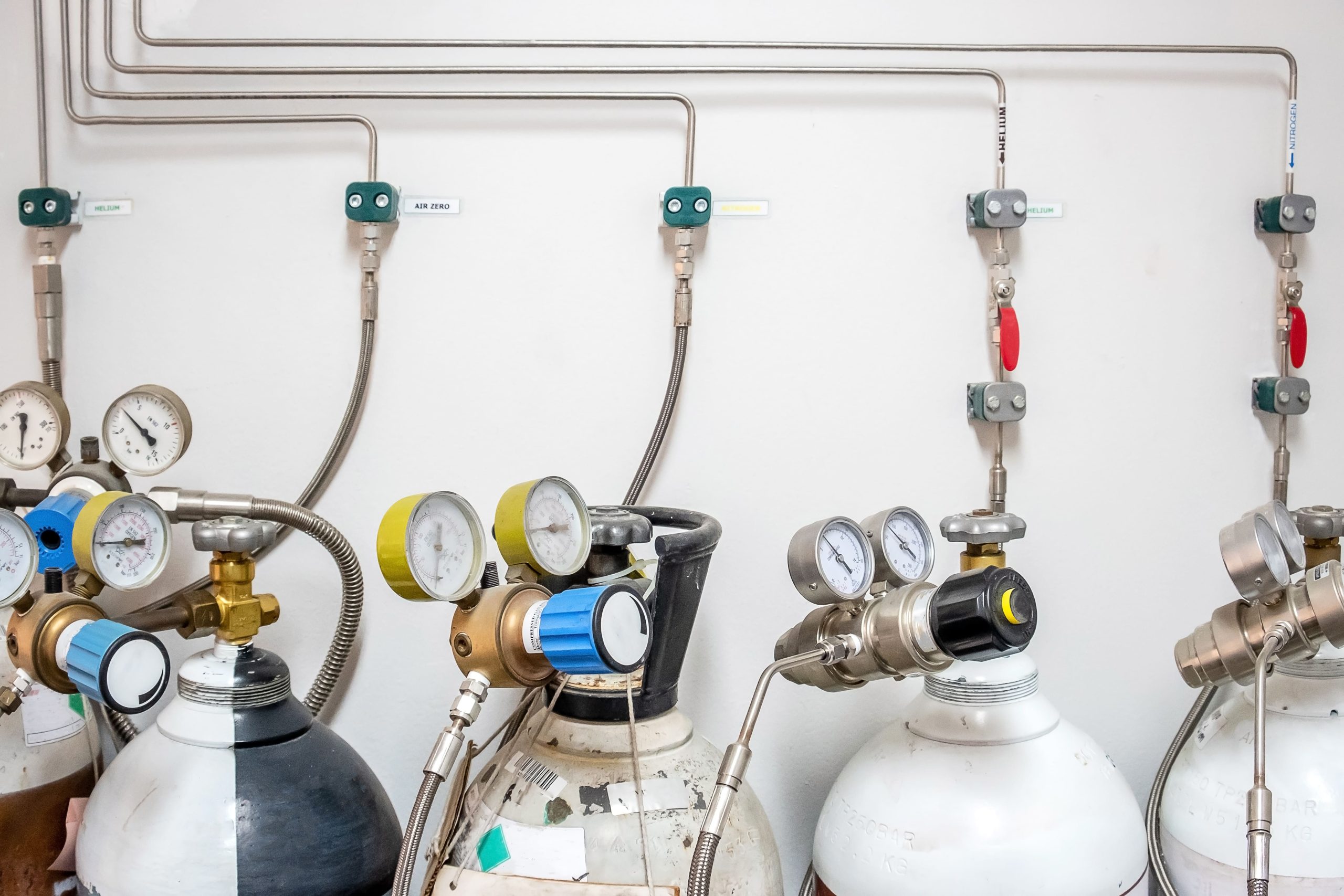
Pharmaceutical Reference Standards in Saudi Arabia – Ensuring Quality & Compliance
The pharmaceutical and healthcare sectors in Saudi Arabia are undergoing rapid expansion, driven by the government's Vision 2030 initiative and increased demand for high-quality medicines. At the heart of this ecosystem lies a critical but often overlooked component: pharmaceutical reference standards. These substances, recognized for their purity and consistency, are used as benchmarks in laboratory testing to validate analytical methods and ensure that medicines meet strict safety and efficacy standards.
Understanding Pharmaceutical Reference Standards
Pharmaceutical reference standards are chemical substances of known composition and quality. They are indispensable in analytical testing because they serve as the yardstick against which active pharmaceutical ingredients (APIs) and finished products are measured. Whether in raw material verification, method validation, or stability testing, reference standards ensure that pharmaceutical companies and laboratories in Saudi Arabia comply with global best practices.
Role in Saudi Arabia’s Healthcare and Pharma Sector
In a country striving to expand its local pharmaceutical manufacturing capabilities, reference standards are essential. They help laboratories maintain accuracy in drug quality testing, which is particularly important given Saudi Arabia’s increasing participation in global pharmaceutical supply chains. The Saudi Food & Drug Authority (SFDA) has implemented strict regulations to ensure that drugs manufactured or imported into the Kingdom meet international standards. Reference standards provide the necessary assurance of quality, safety, and compliance.
Market Trends and Growth
The Saudi pharmaceutical reference standards market was valued at USD 1.6 million in 2023 and is projected to reach USD 2.7 million by 2030, growing at a CAGR of 8.2%. Several factors contribute to this growth:
- Expansion of local pharmaceutical manufacturing facilities encouraged by Vision 2030.
- Increased demand for accurate quality control as part of regulatory compliance.
- Rising use of advanced analytical methods such as HPLC, GC, and LC-MS/MS in Saudi laboratories.
- Greater emphasis on clinical research and contract research organizations (CROs).
Applications in Saudi Laboratories
1. Pharmaceutical Manufacturing QC – Used to test purity, potency, and composition of APIs and formulations before product release.
2. Hospital & Clinical Laboratories – Support therapeutic drug monitoring, toxicology, and pharmacokinetics.
3. Academic & Research Institutions – Essential for training scientists and developing new testing protocols.
4. CROs and Biotech Companies – Used to support international clinical trials and pharmaceutical innovation.
Challenges and Local Opportunities
Saudi Arabia is still dependent on imports for most reference standards, which makes pricing and availability sensitive to global supply chain issues. However, there is a strong opportunity for local distribution networks and collaborations with international suppliers to improve availability. Establishing certified reference material production in the Kingdom could also reduce dependency and promote self-reliance.
Conclusion
Pharmaceutical reference standards may represent a small market in terms of value, but they play a massive role in ensuring public health, compliance, and drug safety. As Saudi Arabia strengthens its pharmaceutical R&D and manufacturing infrastructure, demand for certified reference standards will continue to grow. Companies that prioritize quality, certification, and local support will thrive in this evolving market.





